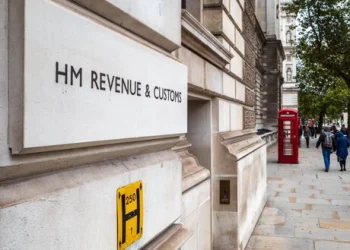The British government has announced plans to relocate hundreds of UK asylum seekers to two former military sites in Inverness and East Sussex, as part of a broader effort to end the use of hotels for housing migrants. The initiative, confirmed by Prime Minister Sir Keir Starmer, aims to provide temporary accommodation for around 900 men by the end of November.
The decision follows growing pressure to reduce costs and address public frustration over hotel use, which has reportedly exceeded billions of pounds in taxpayer spending. Starmer said he had instructed the Home Office and Ministry of Defence to “go faster, go further” in finding suitable non-hotel facilities.
Sites Identified in Inverness and Crowborough
Under the current plan, asylum seekers will be accommodated at Cameron Barracks in Inverness and Crowborough Army Training Camp in East Sussex. Defence Minister Luke Pollard described the facilities as “adequate for what is required,” emphasizing they are not luxury lodgings but meet basic needs.
Pollard said the move would ease pressure on the asylum hotel system and allow hotels to be closed “at a faster rate.” However, a report from the National Audit Office previously warned that large military sites may not offer significant savings, with operational costs varying by location.
Local reactions have been mixed. Inverness MP Angus MacDonald questioned the suitability of a town-centre barracks, while Crowborough’s Conservative MP Nusrat Ghani called the plan “wholly inappropriate.” Some residents, however, recalled positive experiences from 2021 when Afghan families were temporarily housed at the site.
Balancing Costs, Safety, and Community Impact
The UK currently houses about 32,000 asylum seekers in hotels—down from a peak of 56,000 in 2023. The Home Office says all new facilities will meet health and safety standards and that discussions with local councils and security contractors are ongoing.
Existing sites such as Wethersfield in Essex and Napier Barracks in Kent already house single adult men. Both facilities have faced criticism for poor conditions and overcrowding, though the government insists lessons have been learned.
Pollard reiterated the government’s goal of closing all asylum hotels by 2029, citing strong public support for ending their use. “The public wants to see every asylum hotel shut,” he said, while acknowledging that engagement with local authorities and proper security remains essential.
The move represents a key test for the Labour government’s immigration strategy—balancing cost efficiency, public sentiment, and humanitarian responsibility as the UK asylum seekers system undergoes its largest structural shift in years.






